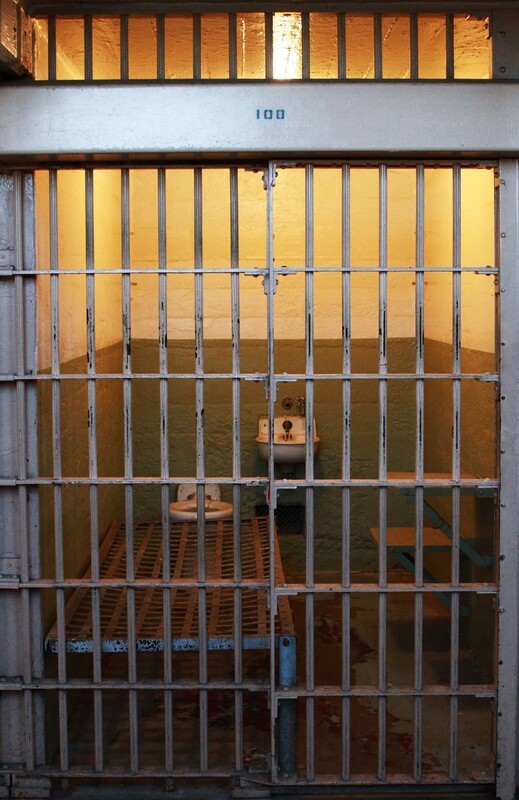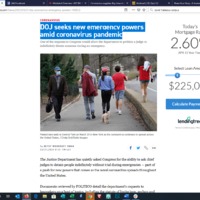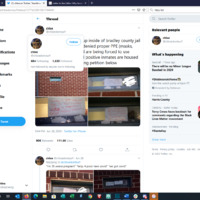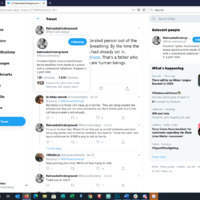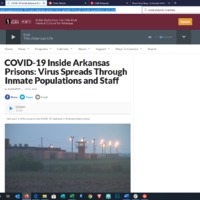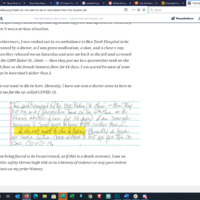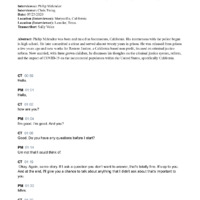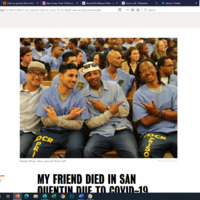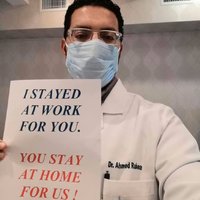Item
Chris Twing Internship Portfolio
Media
Title (Dublin Core)
Chris Twing Internship Portfolio
Description (Dublin Core)
I had planned to take the summer off from classes but when I saw an opportunity to be part of real time archiving in relation to the crisis I was living through I eagerly jumped at the opportunity. While I was initially worried, we, as interns, would get stuck doing the repetitive tasks no one else wanted, I was thrilled to be part of the creation and problem-solving process of a real time archive.
While most students in my program focus on American or Global history my focus has been on public history. One of the tenants of public history is involving everyone. The archive became a place to see this in real time. We weren’t collecting only around famous people, important people, or large movements. We wanted to collect the stories of everyday people and also took the time to figure out whose voices were missing and attempt to remedy that problem. To that end I took on an extra project to add Black voices to the archive. I collected a list of all the historically black colleges and universities and also searched for museums and cultural or heritage centers across the country that we could contact in hopes they would want to work with us to add those voices to the archive.
In addition to curating and adding items to the archive each week we focused on learning a particular skill set related to the archive. The one I struggled with the most was oral history. Though I am fine speaking in public and am not an introvert, I found conducting my first two oral history interviews exceptionally unnerving. However, I also discovered how important they are and what an incredibly rich source of information oral histories represent. What I learned from oral histories was so impressive that I have plans to conduct an oral history program in conjunction with my local historical preservation commission in the future. I am also no longer nervous about conducting oral histories.
By the end of our fifteen-week internship we had become even more than a team, we had become a family. I believe this was partially due to a shared crisis. We were living through the Covid-19 pandemic together. For many of us, our weekly Zoom (online meeting platform) was nearly the only face to face contact, though virtual, we had with anyone. This was the case for me. Another intern joked he was going to rename his journal about the project, “The Summer I Distracted Myself from a Pandemic by Thinking about the Pandemic”. I realized that is exactly what happened. The pandemic really started in mid-March for me. I spent the initial month or so sewing face masks and that was how I kept myself focused and sane. Once the internship began in May I began processing my experience of the pandemic by working on the archive. I believe this summer will have been one of the defining moments of my life.
While most students in my program focus on American or Global history my focus has been on public history. One of the tenants of public history is involving everyone. The archive became a place to see this in real time. We weren’t collecting only around famous people, important people, or large movements. We wanted to collect the stories of everyday people and also took the time to figure out whose voices were missing and attempt to remedy that problem. To that end I took on an extra project to add Black voices to the archive. I collected a list of all the historically black colleges and universities and also searched for museums and cultural or heritage centers across the country that we could contact in hopes they would want to work with us to add those voices to the archive.
In addition to curating and adding items to the archive each week we focused on learning a particular skill set related to the archive. The one I struggled with the most was oral history. Though I am fine speaking in public and am not an introvert, I found conducting my first two oral history interviews exceptionally unnerving. However, I also discovered how important they are and what an incredibly rich source of information oral histories represent. What I learned from oral histories was so impressive that I have plans to conduct an oral history program in conjunction with my local historical preservation commission in the future. I am also no longer nervous about conducting oral histories.
By the end of our fifteen-week internship we had become even more than a team, we had become a family. I believe this was partially due to a shared crisis. We were living through the Covid-19 pandemic together. For many of us, our weekly Zoom (online meeting platform) was nearly the only face to face contact, though virtual, we had with anyone. This was the case for me. Another intern joked he was going to rename his journal about the project, “The Summer I Distracted Myself from a Pandemic by Thinking about the Pandemic”. I realized that is exactly what happened. The pandemic really started in mid-March for me. I spent the initial month or so sewing face masks and that was how I kept myself focused and sane. Once the internship began in May I began processing my experience of the pandemic by working on the archive. I believe this summer will have been one of the defining moments of my life.
incarceration, internship, university, public history, oral history, team, Zoom
Date (Dublin Core)
Creator (Dublin Core)
Contributor (Dublin Core)
Event Identifier (Dublin Core)
Partner (Dublin Core)
Type (Dublin Core)
Portfolio
Controlled Vocabulary (Dublin Core)
Curator's Tags (Omeka Classic)
Collection (Dublin Core)
Incarceration
Linked Data (Dublin Core)
Date Submitted (Dublin Core)
08/23/2020
Date Modified (Dublin Core)
08/23/2020
04/02/2021
08/02/2022
09/24/2024
This item was submitted on August 23, 2020 by Chris Twing using the form “Share Your Story” on the site “A Journal of the Plague Year”: https://covid-19archive.org/s/archive
Click here to view the collected data.
